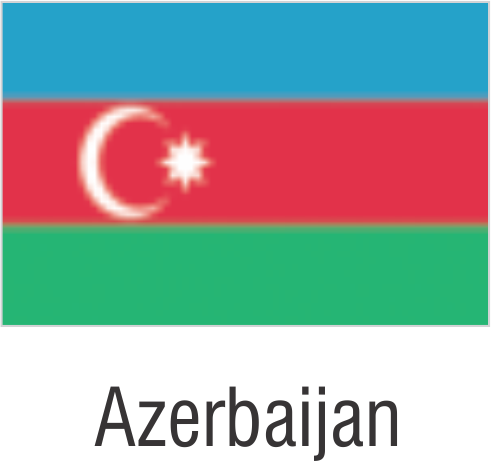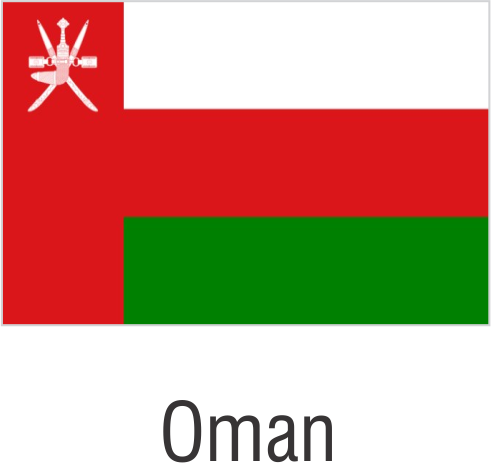Special Session 1
Special session code: SS 01
Theme: Machine Learning for Natural Language Processing
Organizer
Dr. Mohammad Farhan Khan
Lecturer in Data Science
Sir David Bell Building, Digby Stuart College
University of Roehampton | London | SW15 5PH
Lecturer in Data Science
Sir David Bell Building, Digby Stuart College
University of Roehampton | London | SW15 5PH
Abstract
The landscape of Natural Language Processing (NLP) is undergoing a paradigm shift, propelled by the transformative power of machine learning (ML) techniques including deep learning (DL). With the recent improvement of ML algorithms, the foundation of end-to-end translation systems which consists of directly translating source speech to target text/speech without the need for an additional cascade pipeline has emerged as a less complex yet effective method. Hence, This special session aims to capture the essence of this exciting juncture, serving as a platform for novel research that pushes the boundaries of NLP. This special session seeks to explore the cutting-edge intersection of NLP and ML, particularly focusing on novel approaches that address long-standing challenges in the following areas:
• Deep Learning Architectures: Particularly interested in research that investigates into the application of advanced deep learning architectures like transformers and recurrent neural networks (RNNs) for core NLP tasks. Submissions investigating the effectiveness of these architectures in tasks such as machine translation, sentiment analysis, and text summarisation are highly encouraged.
• Explainability and Fairness in NLP: As NLP models become increasingly complex, ensuring interpretability and mitigating potential biases becomes paramount. Research focusing on developing explainable artificial intelligence (XAI) techniques tailored to the details of language, as well as approaches to identifying and mitigating biases within ML models used for NLP tasks, will be of particular interest.
• Bridging the Resource Gap: A significant challenge in NLP lies in the vast disparity of annotated data available for different languages. This session seeks to bridge this gap. Explore innovative strategies for utilising ML for NLP tasks in low-resource languages are welcome. Research on transfer learning techniques, data augmentation methods, and language-agnostic approaches are highly sought after.
• The Rise of Emerging Applications: The fusion of NLP and ML opens doors to exciting new applications. Submissions that showcase the power of this synergy in novel areas are invited to this session. Research exploring the development of advanced dialogue systems with improved natural language understanding, sentiment analysis of social media data with nuanced context recognition, robust information extraction methodologies for complex documents, etc. are particularly welcome.
The submissions that address the aforementioned crucial issues but are not limited to those aspects are also welcome. This special session seeks to transcend geographical boundaries and foster a truly global exchange of knowledge. We welcome submissions from researchers worldwide, with a particular interest in work that incorporates diverse datasets and addresses challenges specific to under-resourced languages.
• Deep Learning Architectures: Particularly interested in research that investigates into the application of advanced deep learning architectures like transformers and recurrent neural networks (RNNs) for core NLP tasks. Submissions investigating the effectiveness of these architectures in tasks such as machine translation, sentiment analysis, and text summarisation are highly encouraged.
• Explainability and Fairness in NLP: As NLP models become increasingly complex, ensuring interpretability and mitigating potential biases becomes paramount. Research focusing on developing explainable artificial intelligence (XAI) techniques tailored to the details of language, as well as approaches to identifying and mitigating biases within ML models used for NLP tasks, will be of particular interest.
• Bridging the Resource Gap: A significant challenge in NLP lies in the vast disparity of annotated data available for different languages. This session seeks to bridge this gap. Explore innovative strategies for utilising ML for NLP tasks in low-resource languages are welcome. Research on transfer learning techniques, data augmentation methods, and language-agnostic approaches are highly sought after.
• The Rise of Emerging Applications: The fusion of NLP and ML opens doors to exciting new applications. Submissions that showcase the power of this synergy in novel areas are invited to this session. Research exploring the development of advanced dialogue systems with improved natural language understanding, sentiment analysis of social media data with nuanced context recognition, robust information extraction methodologies for complex documents, etc. are particularly welcome.
The submissions that address the aforementioned crucial issues but are not limited to those aspects are also welcome. This special session seeks to transcend geographical boundaries and foster a truly global exchange of knowledge. We welcome submissions from researchers worldwide, with a particular interest in work that incorporates diverse datasets and addresses challenges specific to under-resourced languages.
How to submit?
Please submit your full length manuscripts to mohammad.f.khan@roehampton.ac.uk.







































